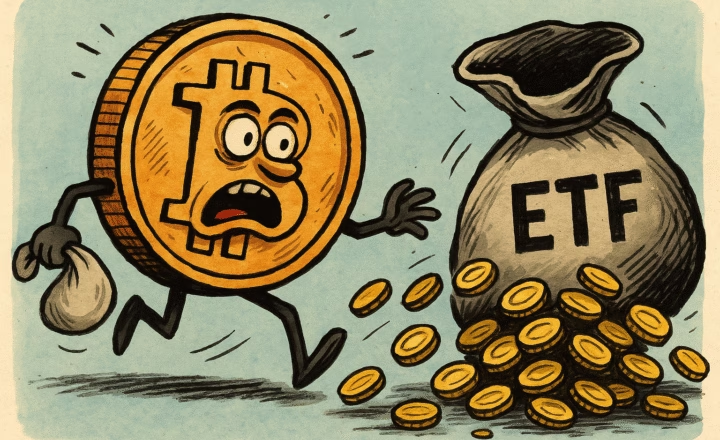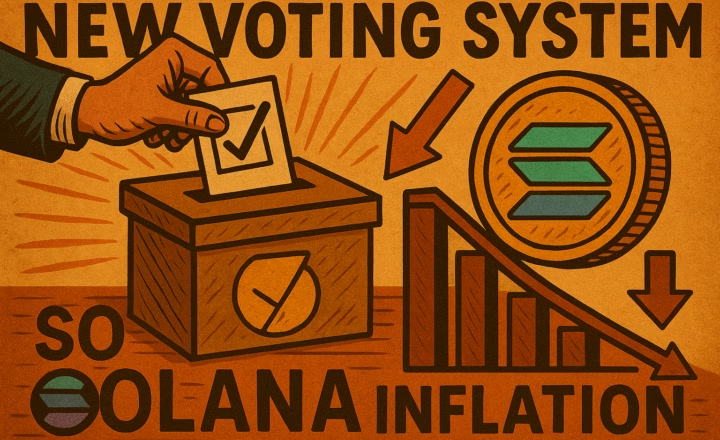Discounted Convenience as Digital Currency Goes Mainstream
7-Eleven stores across South Korea will accept payments using the country’s central bank digital currency (CBDC) as part of a national pilot program running from April 1 to June 30, marking one of the first large-scale integrations of a retail CBDC into everyday consumer environments.
Customers paying with CBDC at participating 7-Eleven locations will receive a 10% discount on all purchases during the test period, according to a company statement.
Moon Dae-woo, head of 7-Eleven’s digital innovation division, said the initiative is part of the company’s commitment to integrating next-generation financial technologies into its operations.
“We believe this project accelerates our digital transformation and positions us at the forefront of retail innovation,” Moon said.
A Nation-Wide CBDC Experiment Begins
The pilot is part of a coordinated initiative involving the Bank of Korea, the Financial Services Commission (FSC), and the Financial Supervisory Service (FSS). A total of 100,000 citizens have been selected to test retail CBDC transactions during the three-month trial period.
Eligible participants—Korean residents aged 19 and older who hold a deposit account at one of the nine participating banks—can convert bank balances into tokenized Korean won stored on a distributed ledger.
Participating banks include KB Kookmin Bank, Shinhan, Hana, Woori, NongHyup, IBK, Busan Bank, and others. Participants are limited to a 5 million won (~$3,416) conversion cap during the pilot.
Beyond 7-Eleven, users will also be able to spend CBDC at:
-
Coffee shops
-
Supermarkets
-
K-pop merchandise stores
-
Food delivery platforms
This ecosystem-wide rollout aims to simulate real-world usage of CBDC in both low-frequency and high-frequency transaction environments.
CBDC: A Government-Issued Digital Cash
Unlike decentralized cryptocurrencies such as Bitcoin or Ethereum, CBDCs are centralized digital tokens issued and monitored by national central banks. They are designed to offer modernized, fast, and secure digital payment options, but typically lack the privacy features of permissionless blockchains.
In this case, South Korea’s CBDC is pegged 1:1 to the Korean won and can be used just like physical cash or mobile payment systems—but with full traceability and programmable control by regulators.
The Bank of Korea initially announced the retail CBDC pilot in November 2023, with the test originally slated for late 2024. Its early launch in April signals an accelerated policy shift in response to growing global interest in national digital currencies.
Regulatory Perspective: A Glimpse Into the Future Monetary System
The FSS characterized the CBDC trial as a “prototype for a future monetary system,” suggesting the test is not merely a payment infrastructure upgrade but a policy experiment with far-reaching implications.
As countries around the world explore or deploy their own CBDCs—including China, the EU, and the U.S. Federal Reserve—South Korea appears intent on establishing early mover credibility in the race to digitize fiat.
If successful, the pilot could pave the way for broader retail adoption, integration with e-commerce and banking platforms, and more programmable monetary policy mechanisms.
Final Thoughts: A Convenience Store Chain Leading Digital Change
The involvement of 7-Eleven—a brand synonymous with accessibility and everyday commerce—lends significant credibility and familiarity to a concept that, for many consumers, still feels abstract.
With tens of thousands of stores and millions of daily transactions, the company offers the ideal testbed for South Korea’s experiment in digital legal tender.
The results of this pilot will likely inform not only South Korea’s own regulatory roadmap but also influence global standards for CBDC usability, compliance, and privacy.
For now, buying a snack with digital won may just be a discount. But in the long run, it could be a preview of how digital money will reshape the global economy.












